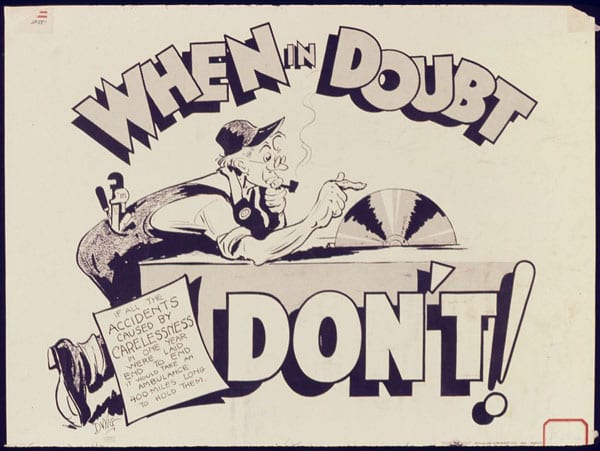
October 10, 2018; Salt Lake Magazine
This short newswire is based on a long article, one that disturbs this author on a number of levels. I will say little about its details, except that it pertains to the proposed merger of the Utah Domestic Violence Coalition (UDVC) and the Utah Coalition Against Sexual Assault (UCASA), and that the story is full of quotes from various male actors in this drama in a field that has at its roots an explicit gender analysis—which, if I need say it, addresses itself to an issue that emanates from women’s power position vs. a patriarchy—with the one real portrayal of a woman depicting a survivor of domestic violence, complete with a vivid description of the violence she endured.
At this point, I might recommend that readers also reference today’s newswire on the feminist fact/narrative-checking project.
And believe me, it just gets worse from there. About the man who took leadership at UCASA and left under allegations of having created an unsafe work environment, the reporter writes:
Sign up for our free newsletters
Subscribe to NPQ's newsletters to have our top stories delivered directly to your inbox.
By signing up, you agree to our privacy policy and terms of use, and to receive messages from NPQ and our partners.
The state adored [Turner] Bitton. He was dynamic, “a breath of fresh air, active and progressive in the things he did,” says Ned Searle, director of the state Office on Violence Against Women. Quick with a media quote and adept at social media, Bitton had shepherded the five-person nonprofit into the 21st century with a snazzy website that proclaimed UCASA’s commitment to advancing “a society in which sexual violence is not tolerated.”
Anyway, after Bitton left, it would appear that the CEO of UDVC emailed the leadership at UCASA and suggested they discuss merging, providing advocacy-based and financial reasons to do so like cutting costs by sharing infrastructure and raising more money. But this overture drew a reply stating that any additional attempts to contact board members “will be considered harassment and subject to legal action.”
The reporter ends the article with a quote from former UCASA board member Justin Boardman, who says, “I think that having a united front is something to at least try for a while, so that we can work together for the money that’s out there.”
So, what is the point here? As we have often said at NPQ about mergers, when a leader leaves, that’s generally a good time to at least consider a merger, and there are many merger models of exactly this type across different states. But, and this is a big “but,” mergers should never be based primarily on money—neither the raising of it nor the saving of it. In fact, they appear to do best when based on shared values, shared trust, and shared vision of what can be accomplished better together than apart—none of which, it’s quite clear, exist in this situation.—Ruth McCambridge













